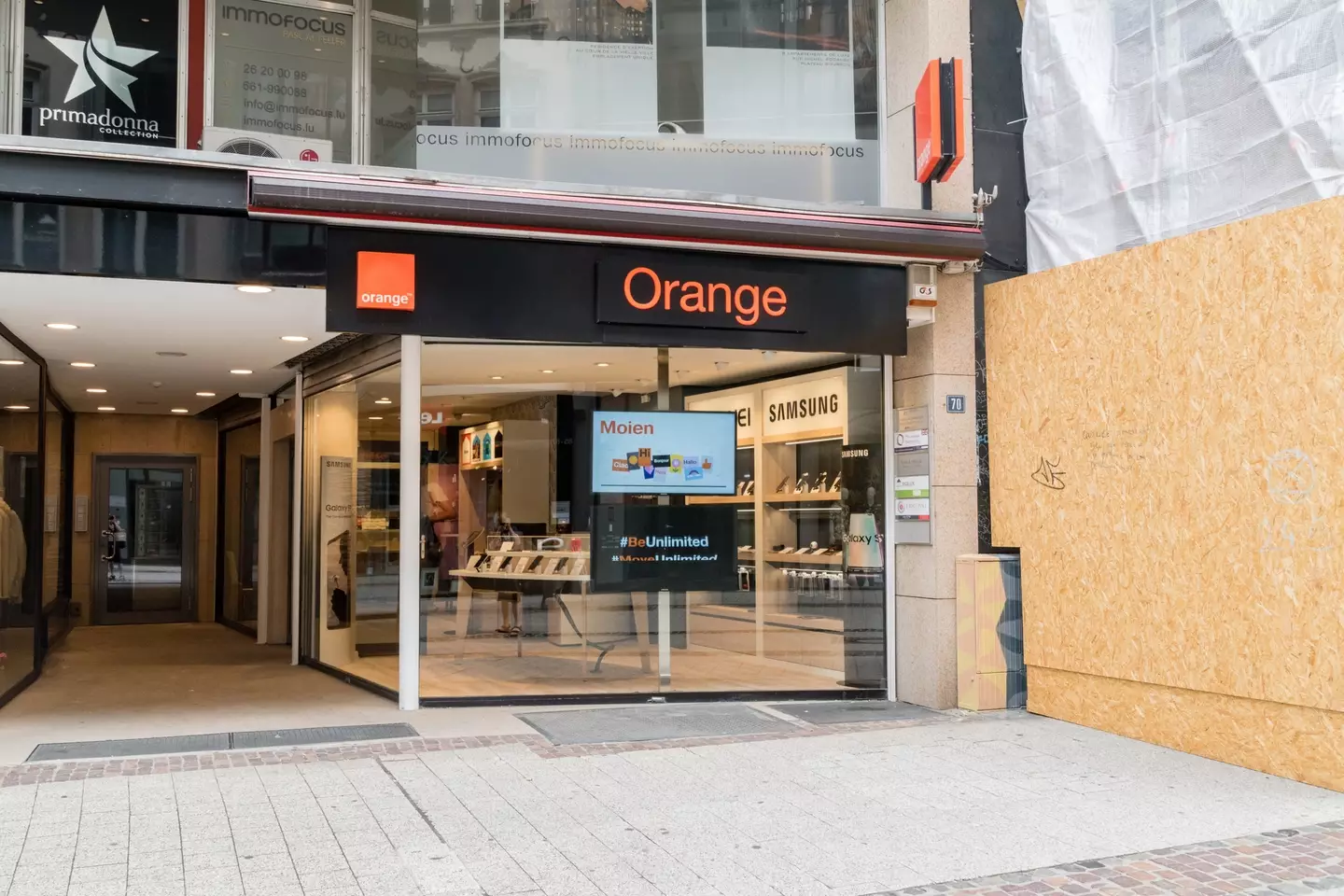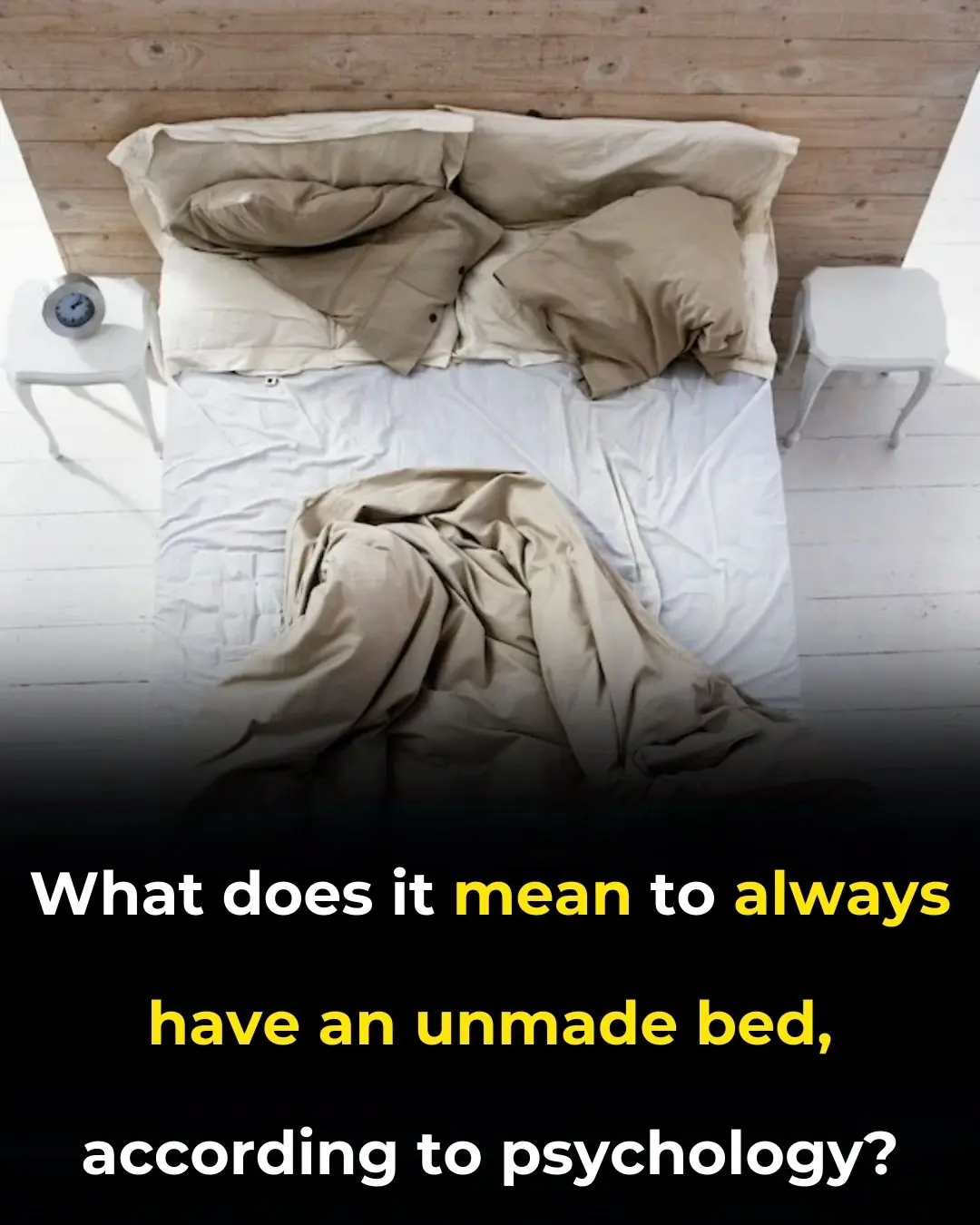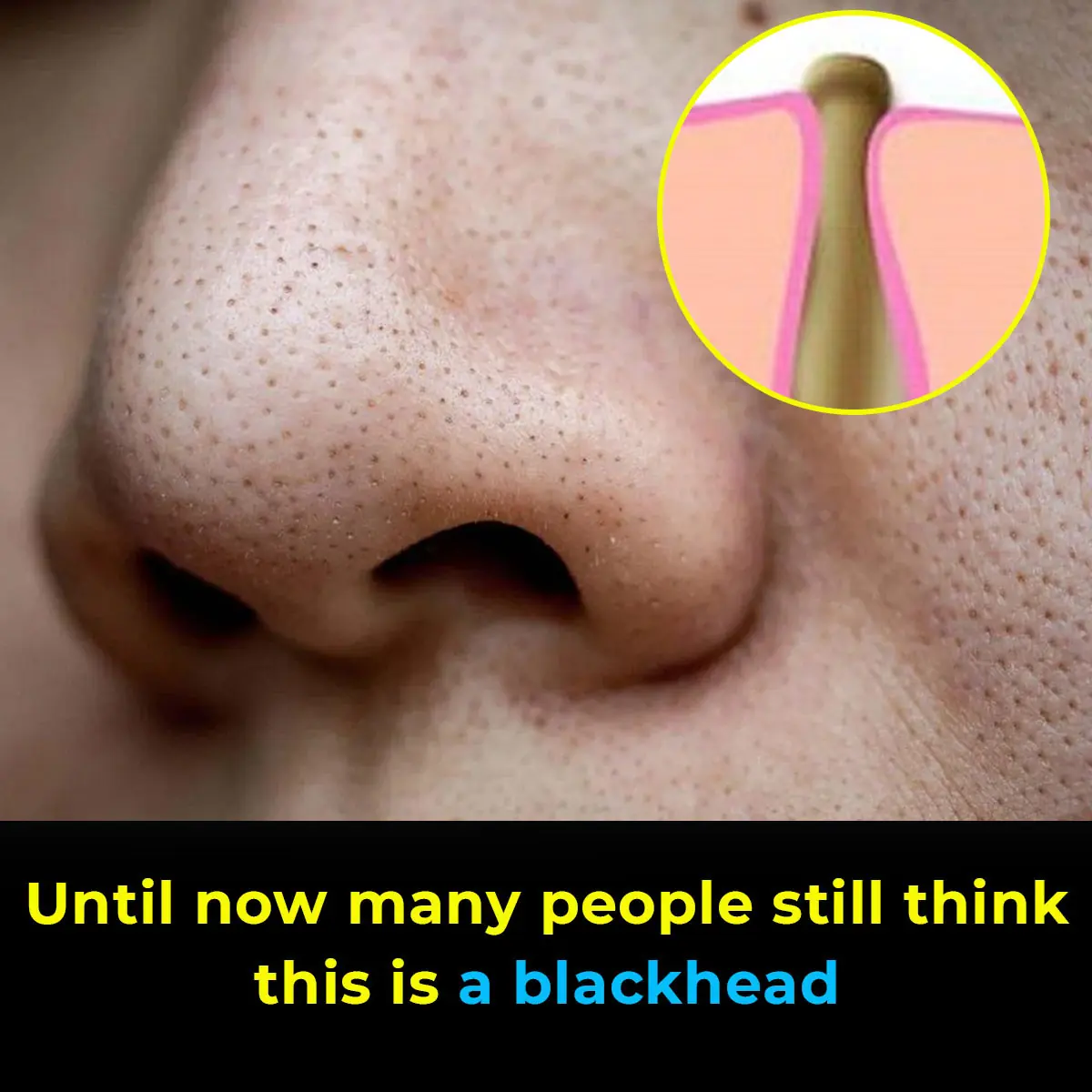A 59-year-old woman is suing Orange, alleging discrimination after being 'forced' into complete inactivity at work for over 20 years. She claims that she was left in a role with no tasks, responsibilities, or human contact, effectively rendering her 'invisible' in the workplace.
The woman, Van Wassenhove, joined the company in 1993 when it was still known as France Télécom. After developing epilepsy and hemiplegia, a condition causing paralysis on one side of her body, she was no longer able to perform her original duties. In response, Orange made reasonable adjustments by reassigning her to a secretarial role, utilizing her training as an HR assistant. However, this change led to what she describes as a state of professional limbo.

A woman is suing Orange after allegedly being 'forced' into complete workplace inactivity. (PhotoAlto/Dinoco Greco/Getty)
In 2002, Van Wassenhove requested a transfer to another region of France. After an occupational health assessment, it was determined she was unfit for the proposed position, and the company instead placed her on standby. The following years made her feel like an ‘outcast secretary,’ which took a toll on her mental health.
While caring for her autistic child, Van Wassenhove struggled financially despite receiving a salary. She even faced eviction notices and found it difficult to make ends meet. "I was paid, yes, but I was treated like I didn’t exist," she explained to Mediapart.
In 2015, she filed a complaint with the government and the High Authority for the Fight against Discrimination, but she claims little progress was made. Over the years, Orange cycled her between standby status, sick leave, and eventually presented early retirement due to her disability. Van Wassenhove described the long-term inactivity as having a severe impact on her mental health, leading to depression.
"Being paid, at home, not working is not a privilege. It's very hard to bear," she admitted.

Orange is one of Europe's leading telecoms company. (RobsonPL/Getty)
David Nabet-Martin, her lawyer, argues that the prolonged isolation led to lasting mental health issues, claiming that the company deprived her of a 'place in society' as a disabled person.
In response, Orange told French outlet La Dépêche that it had considered Van Wassenhove's 'personal social situation' and had ensured she was kept in the best possible conditions while away from active duties. The company also claimed she had been considered for a return to work in a new role, but this never materialized due to her regular sick leave.



































